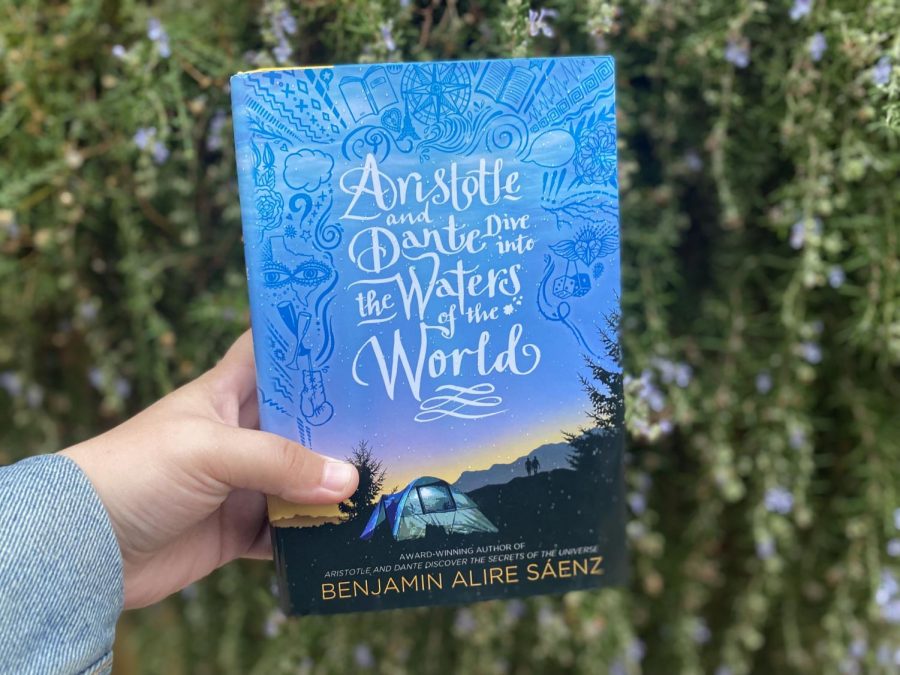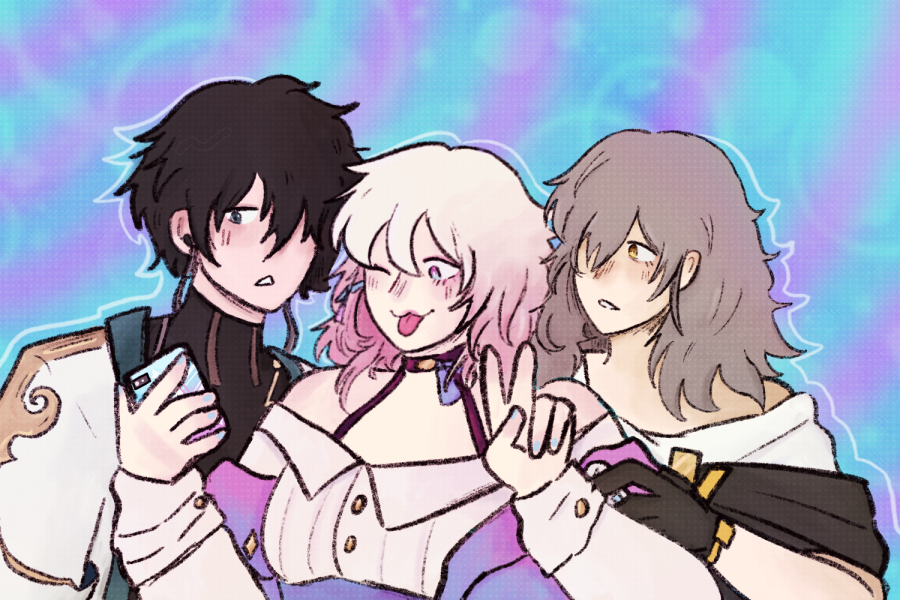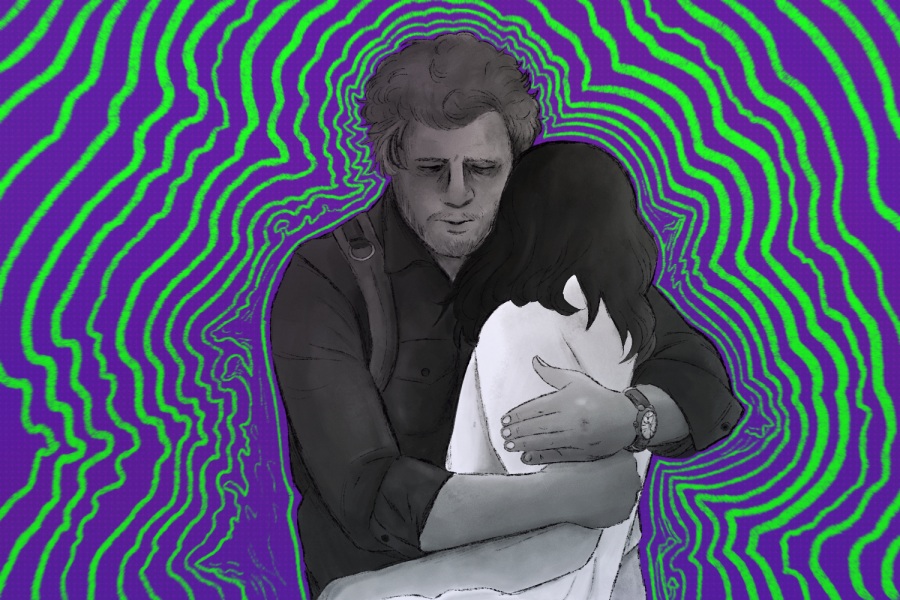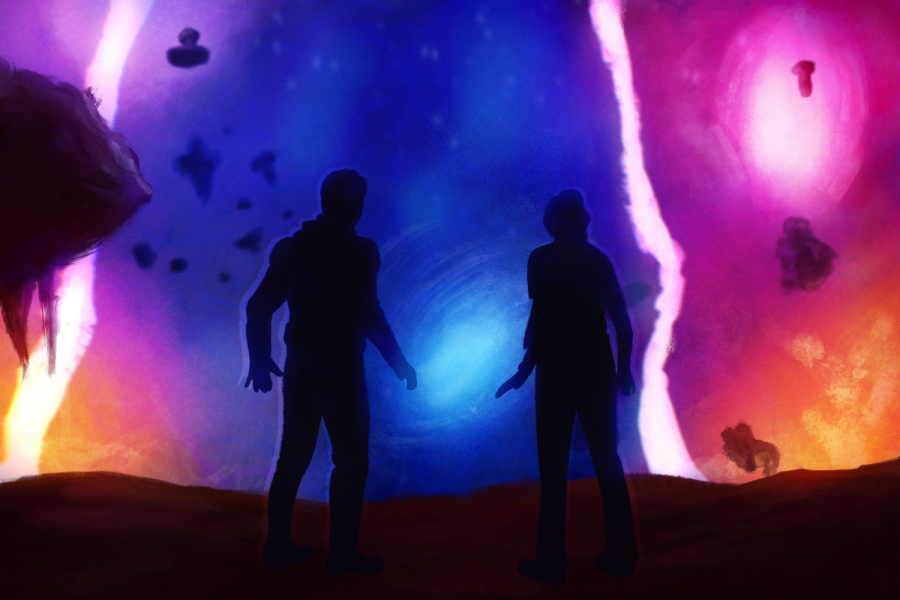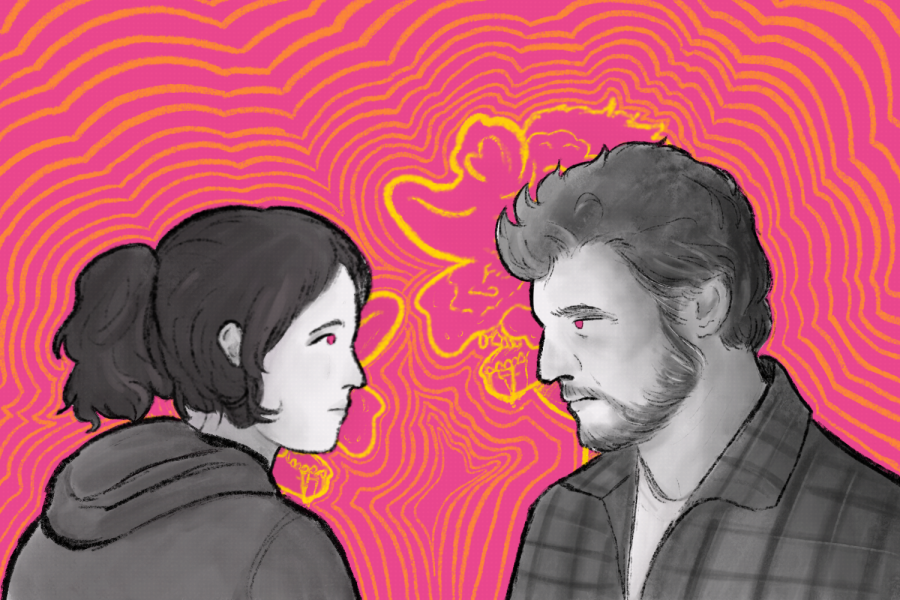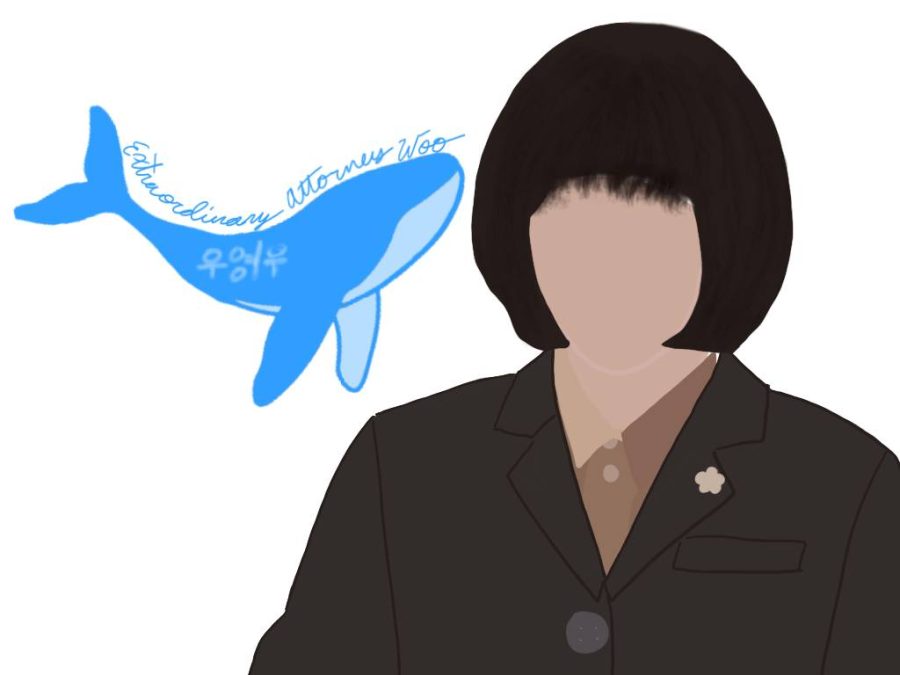Benjamin Alire Sáenz, an award-winning novelist and poet, often writes characters that are fun, witty, interesting to read about, and easy to relate to. This ability is demonstrated in “Aristotle and Dante Discover the Secrets of the Universe,” whose protagonists, Aristotle Mendoza and Dante Quintana, made us laugh, cry, and so much in between. However, the book’s sequel, “Aristotle and Dante Dive into the Waters of the World,” left much to be desired.
The first book in this duo felt like an authentic look into the lives of its protagonists; the second feels like a cheap knock-off of its predecessor, as if Sáenz was trying a bit too hard to be philosophical. The writing is awkward, as shown in many places throughout the book, including when Dante asks Aristotle, “‘Why do so many White people hate Black people?’” The conversations also seem stilted, with people crying at the drop of a hat.
The stiff writing, however, may be due to the book’s subject matter. Indeed, what subject matter it is: LGBTQ teens living in the 80’s trying to figure out life and love during the AIDS pandemic, a crisis that destroyed lives. Aristotle, a boy who already feels like he does not belong, says that Dante is “the eraser that’s making the word ‘loneliness’ disappear,” illustrating how Aristotle believes that Dante is the only person who understands him.
Nevertheless, Aristotle cannot bridge the gap between him and Dante; they behave as though they have just met, lacking any personal connection. This behavior lies in stark contrast to the first book, in which they were practically attached at the hip.
Perhaps the distance between the boys stems from Aristotle’s shame for being gay. It is not as if he doesn’t love Dante; he is only figuring out how to navigate it. Aristotle reflects, “It was as if home was everywhere he went — except that he loved me. And that meant that maybe he’d never have a home ever again,” showing that he wants Dante to lead a successful life and thinks being gay might get in the way of that. When discussing Aristotle’s aunt, who was a lesbian, his mother tells him, “[she] took the words I don’t belong and wrote them on her heart. It took her a long time to take those words and throw them out of her body,” encouraging Aristotle to accept and reclaim his sexuality.
Although hard to read, this book bravely attempts to represent what it was like to be queer during the AIDS pandemic. That being said, the grief and despair, combined with the unrealistic depiction of the teenaged characters, make this book much more challenging to read than the first.
[embedyt] https://www.youtube.com/watch?v=Gnn0oOfvz_E[/embedyt]

